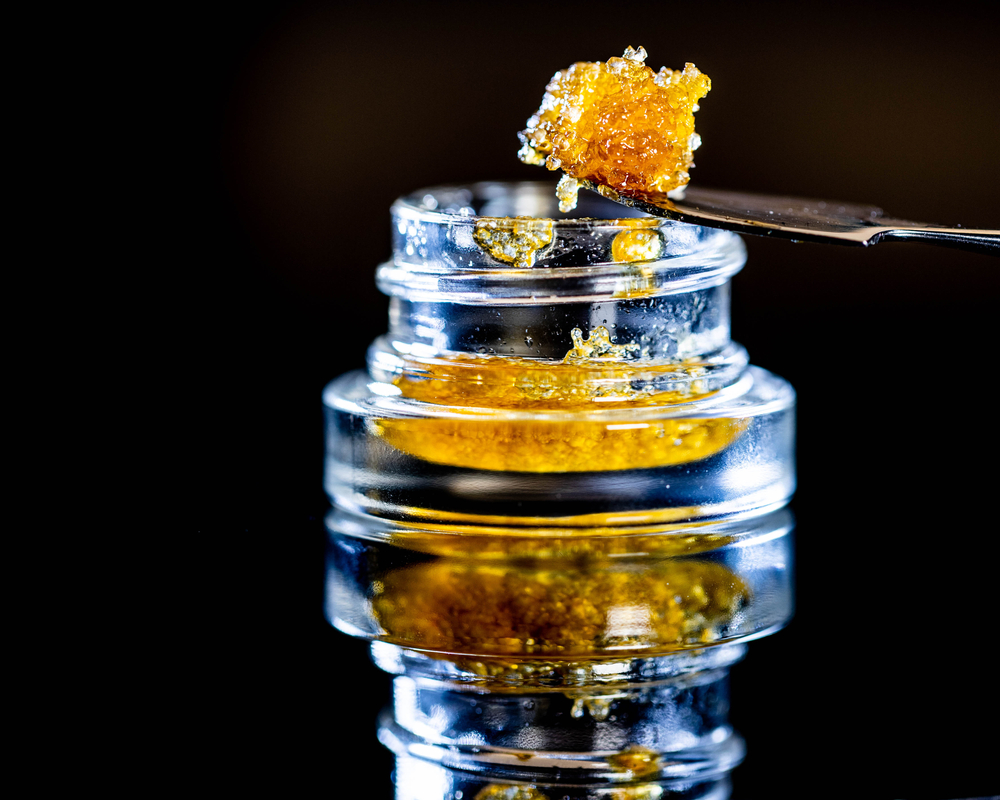For decades, marijuana has been the world’s most cultivated, trafficked, and used drug. Now that the push for legalization is on a global hot-streak, we’re learning so much more about the plant. World-wide legal cannabis sales are expected to reach $44 billion by 2024. Meanwhile the entire cannabis industry, including accessories, real estate, tourism, etc should reach $130 billion in the United States alone during the same time frame. No official Canadian projections are available, however we know that currently the Canadian cannabis scene generates over $8 billion a year.
With all that money changing hands, and the potential growth we’re expecting in the next three years, it’s interesting to imagine what the cannabis industry will look like in 2024. But why try to predict it ourselves when economists, industry executives, and researchers have done the hard work for us? This article explores four major ways legal cannabis is changing the world.
MEDICAL ADVANCEMENTS
It’s wonderful to see how many patients are benefiting from THC or CBD but a little frustrating too, to know these options have been around for centuries. Medical evidence is growing for many conditions including:
Alzheimer’s
Anorexia
Anxiety
Cancer
Chronic pain
Crohn’s disease
Epilepsy
Glaucoma
HIV
Multiple Sclerosis
Muscle spasms
Nausea
Post-traumatic stress disorder
Seizures
While additional research is needed to support some of these claims, the health benefits of cannabis have been proven and supported by Canadian governments for illnesses that involve chronic pain, nausea and vomiting, dementia, and spasticity.
RENEWABLE RESOURCES
Marijuana offers more than some relaxation, a fun high, or medicinal benefits. It’s also used to make rope, paper, and food. There’s a lot of confusion surrounding the differences between cannabis and hemp. They both come from the same genus of plant, but have a different makeup and usage. Hemp in Canada and the U.S. is defined as a marijuana plant with less than .3% THC.
Hemp is a great natural resource, because it’s resistant to most of the insects that farmers need to kill with pesticides. These chemicals don’t just kill the bad bugs, but the good bugs too, as well as pollinators. They also always end up in the water and neighbouring ecosystems.
Hemp isn’t just beneficial for growing healthier, more sustainable plants, it can also help clean up poor-soil. Many farmers are struggling from poor agricultural practices that damage farmland. Hemp, however, helps to remove heavy metals such as nickel, lead, and cadmium from the soil.
It’s great to know how beneficial hemp plants are to our environment, because manufacturers are currently making over 25,000 different products from hemp. This includes clothing, paper, biofuel, body care production, construction materials and plastic composites.
REDUCTION IN DRUG OVERDOSES
The opioid epidemic in Ontario is out of control. The CBC reported over 2,000 opioid related deaths occurred in 2020. Current Canadian research is showing that the legalization of cannabis can help lower these numbers. Marijuana doesn’t have the same addictive properties as many harder drugs, including painkillers prescribed by doctors. That’s the major reason for the British Medical Journal reporting that opioid related mortality rates decreased while cannabis use increased.
REDUCTION IN CRIME
This benefit corresponds with the above reduction in drug overdoses. You may have heard your friends make observations about getting high vs getting drunk, such as “drunk people get in fights, while stoned people chill”. It’s not just an old wive’s tale, there is some truth to it.
The Journal of Economic Behaviour & Organization reported the first study to show the drop in crime following legalization in Washington in 2012, and Oregon in 2014. Specifically, a significant reduction in property crime, rape, and other violent crimes. There are four main characteristics explaining the shift:
The psychotropic effect of cannabis (how it affects your mood).
People choosing cannabis over violence-inducing substances.
Police resources being directed away from cannabis offences.
The cannabis black market slowly being eliminated.
With legalization efforts still being new, and more researchers, doctors and resources being directed towards learning more about marijuana; it’s fair to say we’ve only just begun to discover how this plant can benefit us.




Leave A Comment
You must be logged in to post a comment.